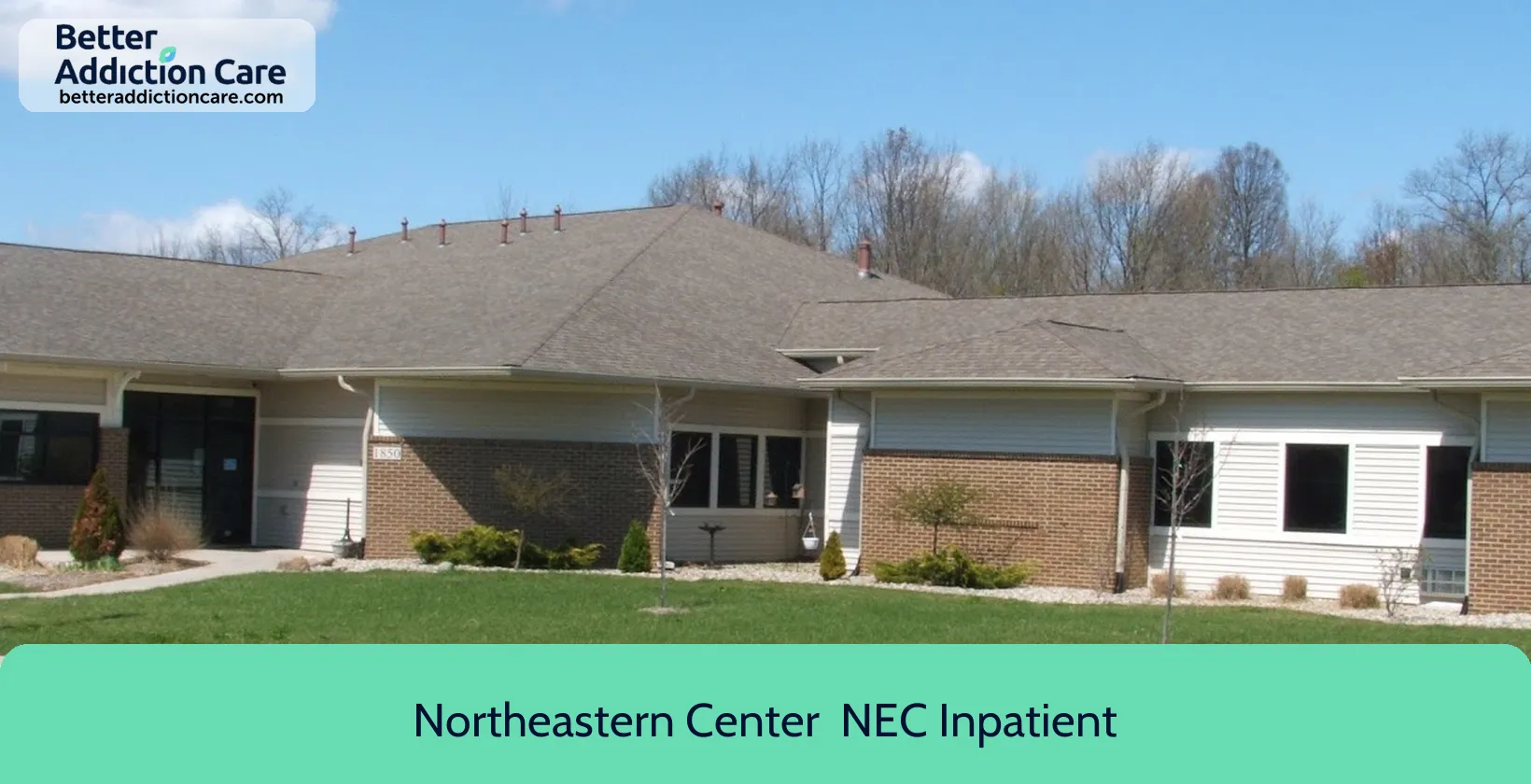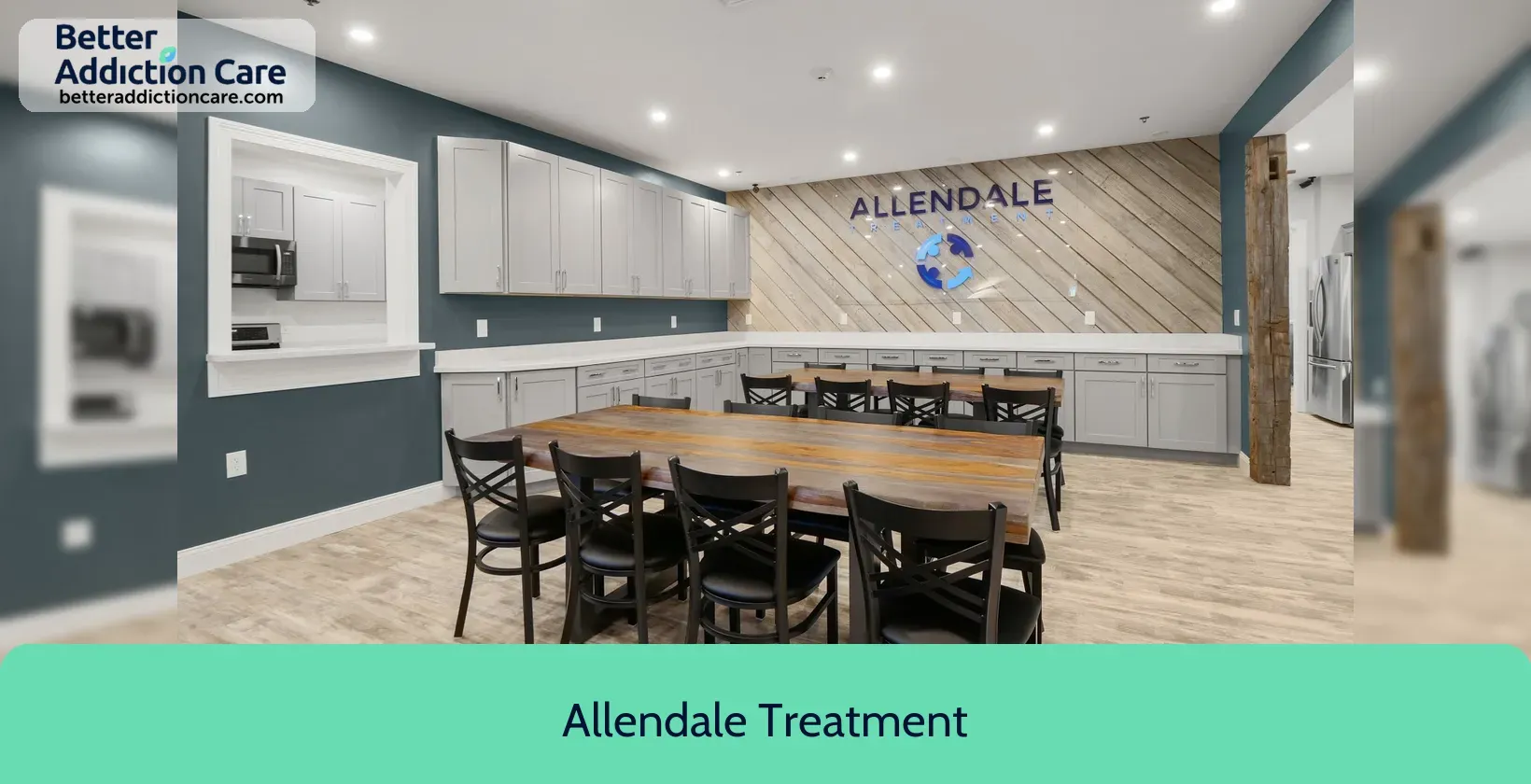Bowen Center
Overview
Bowen Center, which has multiple locations throughout Indiana, provides a comprehensive array of services that are intended to assist in the recovery of addiction, as well as the maintenance of physical health and emotional well-being. The Indiana facility provides a comprehensive addiction rehabilitation program that incorporates medication-assisted treatment (MAT) to facilitate sustained recovery and alleviate withdrawal symptoms. The program utilizes a diverse array of treatment methodologies, such as individual and group counseling, to cater to the individual requirements of each client.
The addiction recovery program offers a detoxification program, an intensive outpatient program (IOP), and a specialized program for adolescents, in addition to the standard treatment offerings. This ensures that clients at all phases of life receive the necessary care.
A 24-hour crisis line is available at Bowen Center to provide urgent support to individuals in need, with a focus on emotional health. The facility also provides a variety of therapeutic modalities, such as family and couples therapy, to effectively address the emotional and relational aspects of mental health.
Bowen Health Clinics, which are an essential component of the center, provide a diverse array of physical health services, including wellness exams, laboratory testing, and medication management. These services guarantee that clients receive comprehensive care that addresses their emotional and physical well-being.
Bowen Center at a Glance
Payment Options
- Cash or self-payment
- Medicaid
- Medicare
- State-financed health insurance plan other than Medicaid
- Private health insurance
Assessments
- Screening for tobacco use
- Comprehensive mental health assessment
- Comprehensive substance use assessment
- Outreach to persons in the community
- Screening for mental disorders
Age Groups
- Seniors or older adults
- Adolescents
- Young adults
- Children/adolescents
- Adults
Ancillary Services
- Intensive case management
- Case management service
- Chronic disease/illness management
- Court-ordered outpatient treatment
- Family psychoeducation
Highlights About Bowen Center
7.38/10
With an overall rating of 7.38/10, this facility has following balanced range of services. Alcohol Rehabilitation: 8.00/10, Drug Rehab and Detox: 7.23/10, Insurance and Payments: 6.00/10, Treatment Options: 8.30/10.-
Treatment Options 8.30
-
Alcohol Rehabilitation 8.00
-
Drug Rehab and Detox 7.23
-
Insurance and Payments 6.00
Accreditations
State mental health department:
State mental health department accreditation refers to the process of evaluating and certifying the quality and standards of a state's mental health department, ensuring that it provides high-quality services and meets specific criteria for mental health care. The accreditation process is performed by a third-party organization and helps to improve the overall care and treatment of individuals with mental health conditions.
State department of health:

Government agencies issue State Licenses, granting rehabilitation organizations permission to operate their businesses legally within specific geographic regions. The licenses needed for legal operation are typically determined by the type of rehabilitation program offered by a facility and its physical location.
National Committee for Quality Assurance (NCQA):
NCQA accreditation is a recognition and evaluation process for healthcare organizations, given by the National Committee for Quality Assurance. It measures the quality and performance of healthcare providers, insurance plans, and managed care organizations in providing quality care to their patients. The NCQA accreditation is widely recognized as a benchmark for quality in healthcare and helps consumers make informed decisions about their healthcare options.
Treatment At Bowen Center
Treatment Conditions
- Alcoholism
- Mental health treatment
- Substance use treatment
- Co-occurring Disorders
- Opioid Treatement
Care Levels
- Outpatient
- Outpatient methadone/buprenorphine or naltrexone treatment
- Intensive outpatient treatment
- Regular outpatient treatment
- Aftercare
Treatment Modalities
- Individual psychotherapy
- Couples/family therapy
- Cognitive behavioral therapy
- Dialectical behavior therapy
- Integrated Mental and Substance Use Disorder treatment
Ancillary Services
Languages
- Sign language services for the deaf and hard of hearing
- Spanish
Additional Services
- Pharmacotherapies administered during treatment
- Housing services
- Breathalyzer or blood alcohol testing
Special Programs
- Clients with co-occurring mental and substance use disorders
- Veterans
- Active duty military
- Members of military families
- Criminal justice (other than DUI/DWI)/Forensic clients
Get Help Now
Common Questions About Bowen Center
Contact Information
Other Facilities in Auburn

7.37

6.91

7.68
DISCLAIMER: The facility name, logo and brand are the property and registered trademarks of Allendale Treatment, and are being used for identification and informational purposes only. Use of these names, logos and brands shall not imply endorsement. BetterAddictionCare.com is not affiliated with or sponsored by Allendale Treatment.

